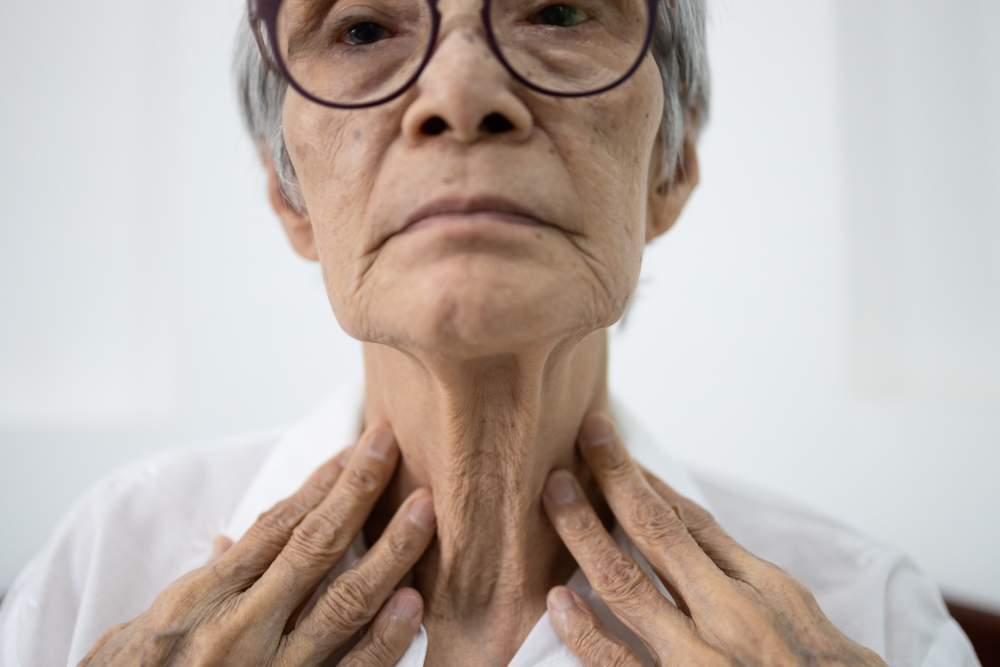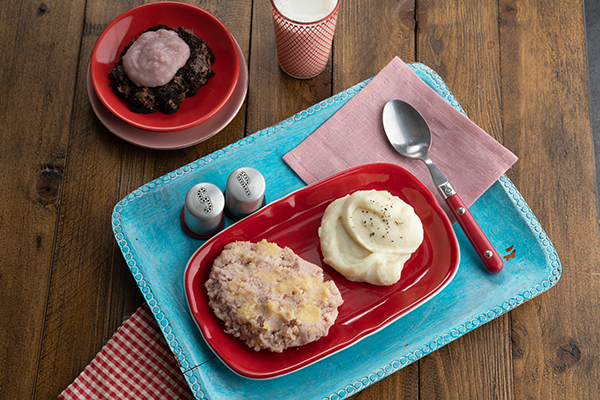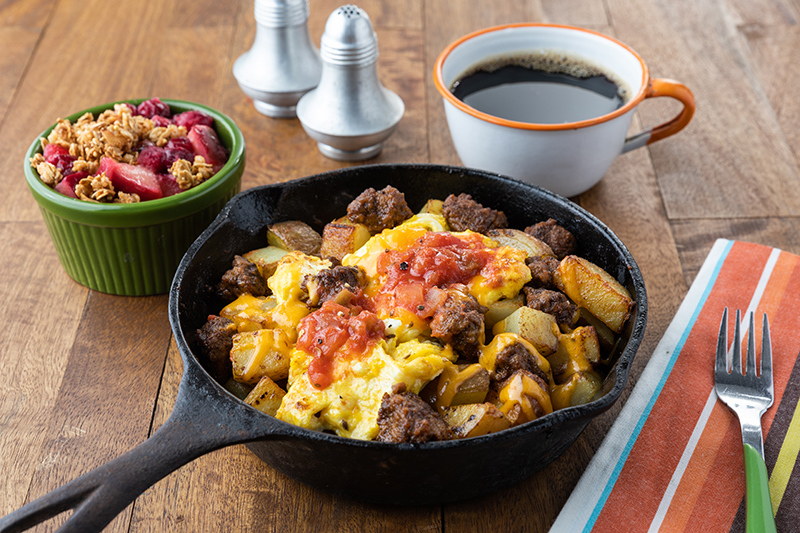Anyone who has had a kidney stone can attest they can be extremely painful. And they’d also agree that if you can avoid developing kidney stones, you should. Here’s what you need to know about kidney stones and how to prevent them.
What are kidney stones?
Your kidneys work as your body’s filters, straining wastes including minerals and chemicals and extra fluid from your system to make urine. But when there is too much waste and not enough liquid in your system, tiny crystals can start to form in the urine.
Those crystals can attract other elements and grow and form a stone. Kidney stones range in size, the average is the size of a garbanzo bean, but they can be as large as a golf ball. The kidney stone can either remain in the kidney or move down the urinary tract. Some smaller stones can be passed without incident, but often kidney stones cause irritation and blockages that are very painful and require medical intervention.
Who gets them?
Studies show that about one in ten Americans will get a kidney stone in their lifetime. And that number is only growing due to Americans’ dietary choices and the rise in chronic conditions that contribute to kidney stones. They’re more common in men than women; about 11% of men are affected compared to 6% of women. Kids can get kidney stones, too.
What are the risk factors for kidney stones?
There are several reasons why some people are more likely to develop kidney stones than others:
- Chronic conditions including diabetes, high blood pressure, certain digestive issues, and obesity can all contribute to kidney stones.
- Medications, including some antacids and diuretics (or “water pills”), taken over a long period of time can cause kidney stones.
- Genetics also play a part. People with a family history of kidney stones are more likely to develop them.
- Dietary choices, especially consistently not drinking enough water, eating too much sugary or salty food, can increase the risk of forming kidney stones.
What are the symptoms of a kidney stone?
If you have a larger kidney stone, you may experience:
- Pain during urination
- Pain in your lower stomach or back
- Blood in the urine
- Persistent stomachache
- Nausea or vomiting
- Cloudy or foul-smelling urine
See your doctor if you have these symptoms.
What are the types of kidney stones and treatment?
Treatment depends on the size and type of stone. There are four types:
- Calcium stones – These are the most common and form when you don’t get enough fluids or calcium.
- Uric stones - This common type of stone which often runs in families, is caused by elevated amounts of purine in the body. Purine is a chemical found in shellfish and some meats. High purine levels can lead to an increase in another chemical called urate, which can form kidney stones.
- Struvite stones – Upper urinary tract infections are usually the cause of these less common kidney stones.
- Cystine stones – The least common type of kidney stone is genetic and is caused when a natural chemical, called cystine, leaks into the urine.
The first line of defense against a kidney stone is drinking plenty of water. In the case of some smaller stones, drinking enough fluid may work to flush the stone out of the urine. For larger stones, doctors may use lasers or shock waves to break the stones into small fragments that can be passed. In some cases, surgery is required.
Can you prevent kidney stones?
Prevention tips for avoiding kidney stones will probably sound familiar: maintain a healthy lifestyle, stay hydrated, and get enough exercise. Other things you can do to avoid this painful condition include reducing your intake of sodium and fructose, a sugar in many processed foods and high-fructose corn syrup. Eating more oranges, lemons, and melons can also be beneficial.
Mom's Meals® can help
Good nutrition is the foundation of a healthy life. Mom’s Meals makes it easy with delicious meals designed by professional chefs and registered dietitians, delivered direct to your home. Find out more.



